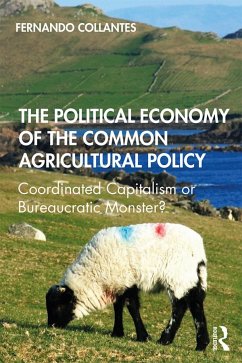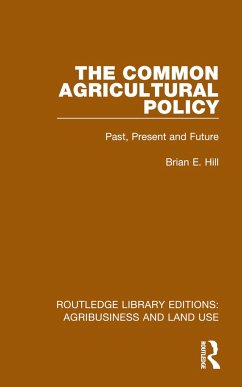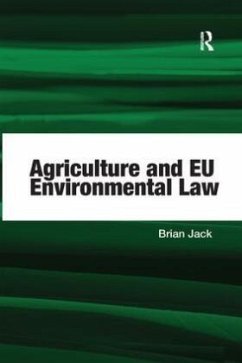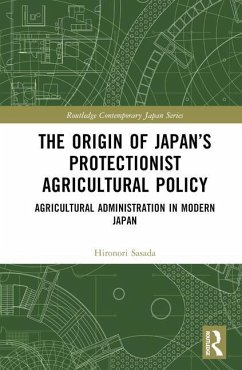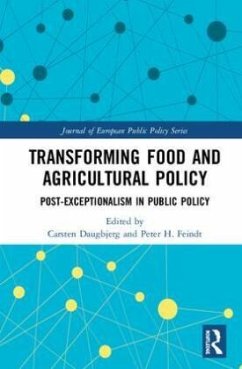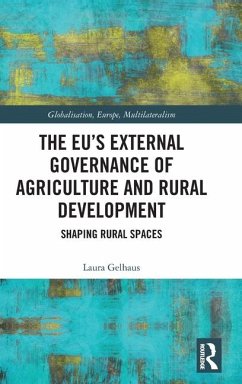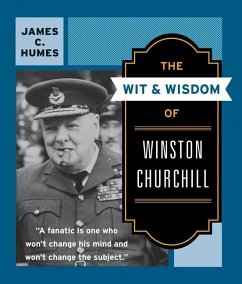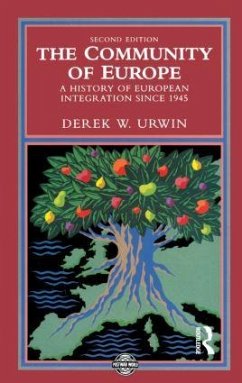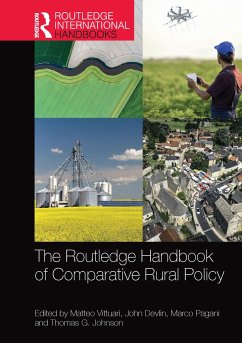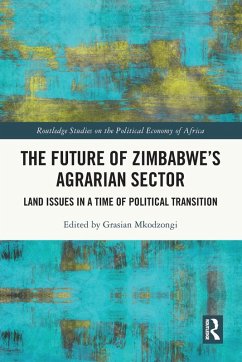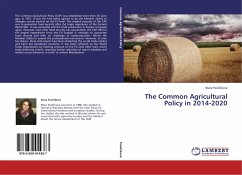
The Common Agricultural Policy in 2014-2020
Versandkostenfrei!
Versandfertig in 6-10 Tagen
36,99 €
inkl. MwSt.

PAYBACK Punkte
18 °P sammeln!
The Common Agricultural Policy (CAP) was established more than 50 years ago, in 1957. It was the first policy agreed to by the Member States to delegate certain powers on the EU level. The original purpose of the CAP was to guarantee food security after the tragic experience of the Second World War. It was successful and the food production in Europe increased again. However, even after food security was guaranteed, the CAP still has the largest expenditure from the EU budget. A necessity to guarantee food security and later on challenge to overproduction, forced the Member States to extend th...
The Common Agricultural Policy (CAP) was established more than 50 years ago, in 1957. It was the first policy agreed to by the Member States to delegate certain powers on the EU level. The original purpose of the CAP was to guarantee food security after the tragic experience of the Second World War. It was successful and the food production in Europe increased again. However, even after food security was guaranteed, the CAP still has the largest expenditure from the EU budget. A necessity to guarantee food security and later on challenge to overproduction, forced the Member States to extend the protectionism instruments. However, as time has shown, these instruments have been distorting the world trade market and harm less developed countries. It has been reflected by the World Trade Organization by exerting pressure on the EU (and other main world trade distorting actors), requiring further reduction of export subsidies and market access measures, in order to achieve liberalization.





